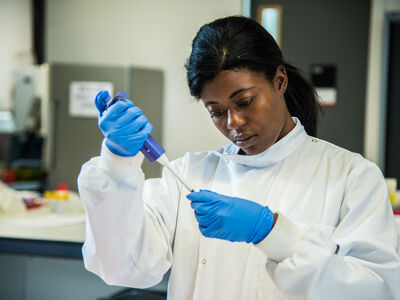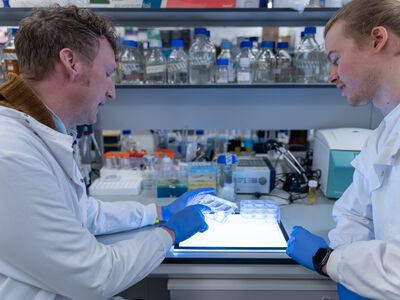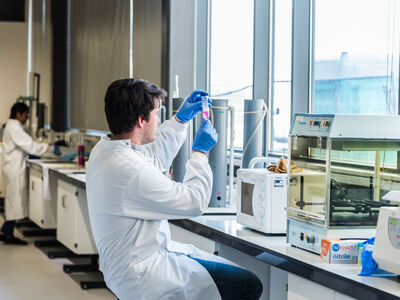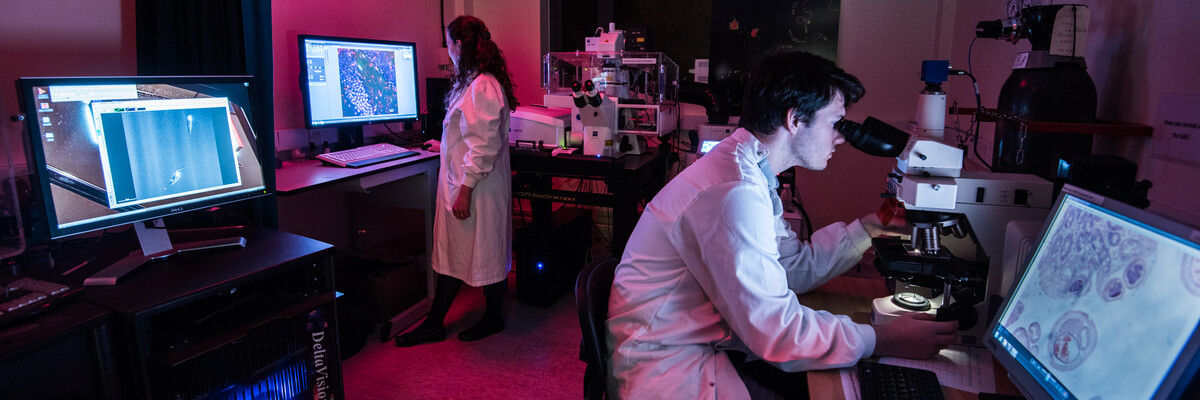Biomedicine MSc
Our MSc in Biomedicine offers an intensive 12-month full-time or two-year part-time programme in a world-class environment.
You will be taught and supervised by research-active academics who are experts in the biological mechanisms underpinning human diseases and turning research discoveries into practical applications such as diagnostic tools and novel drug treatments.
Find out about Biomedicine courses







